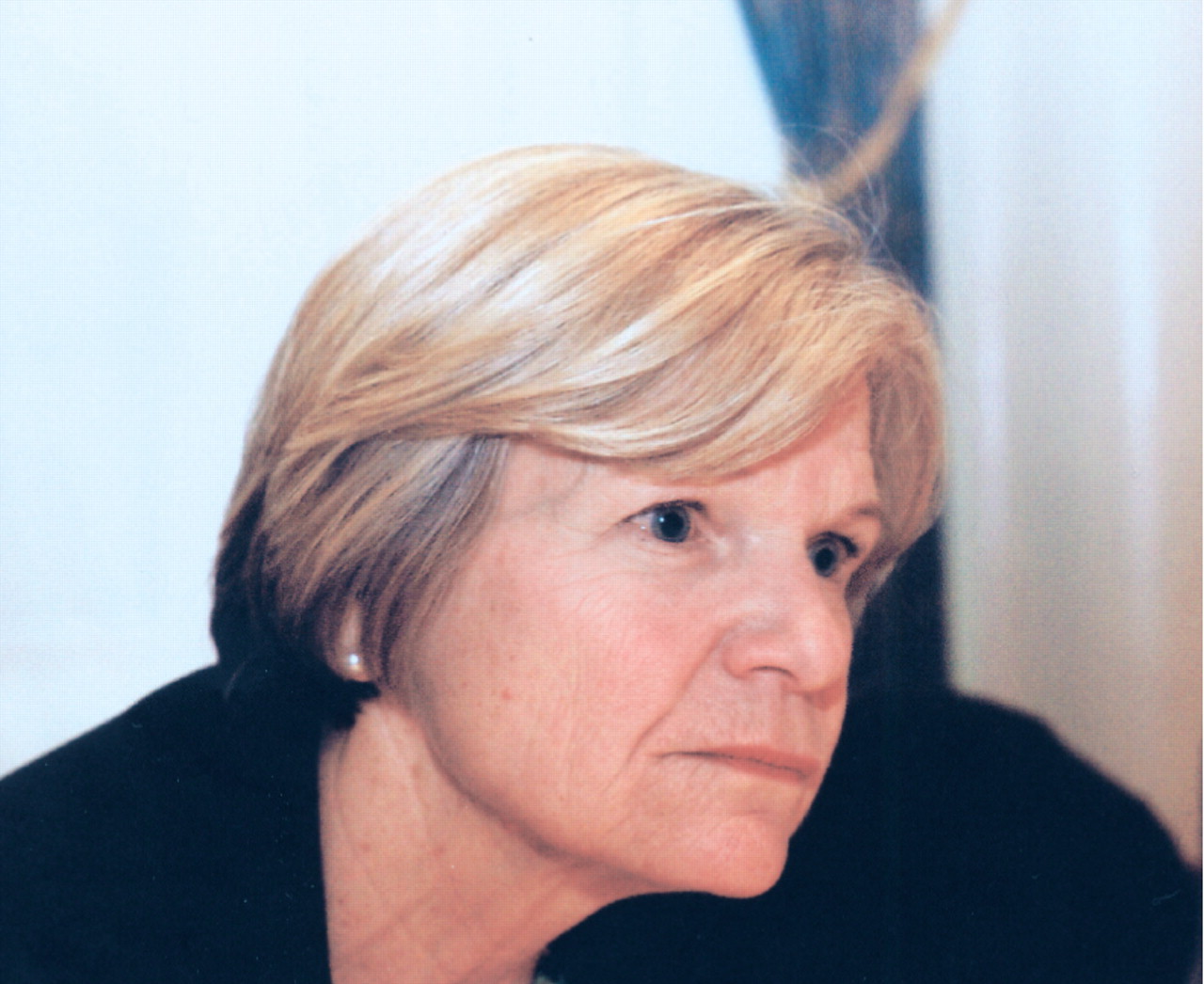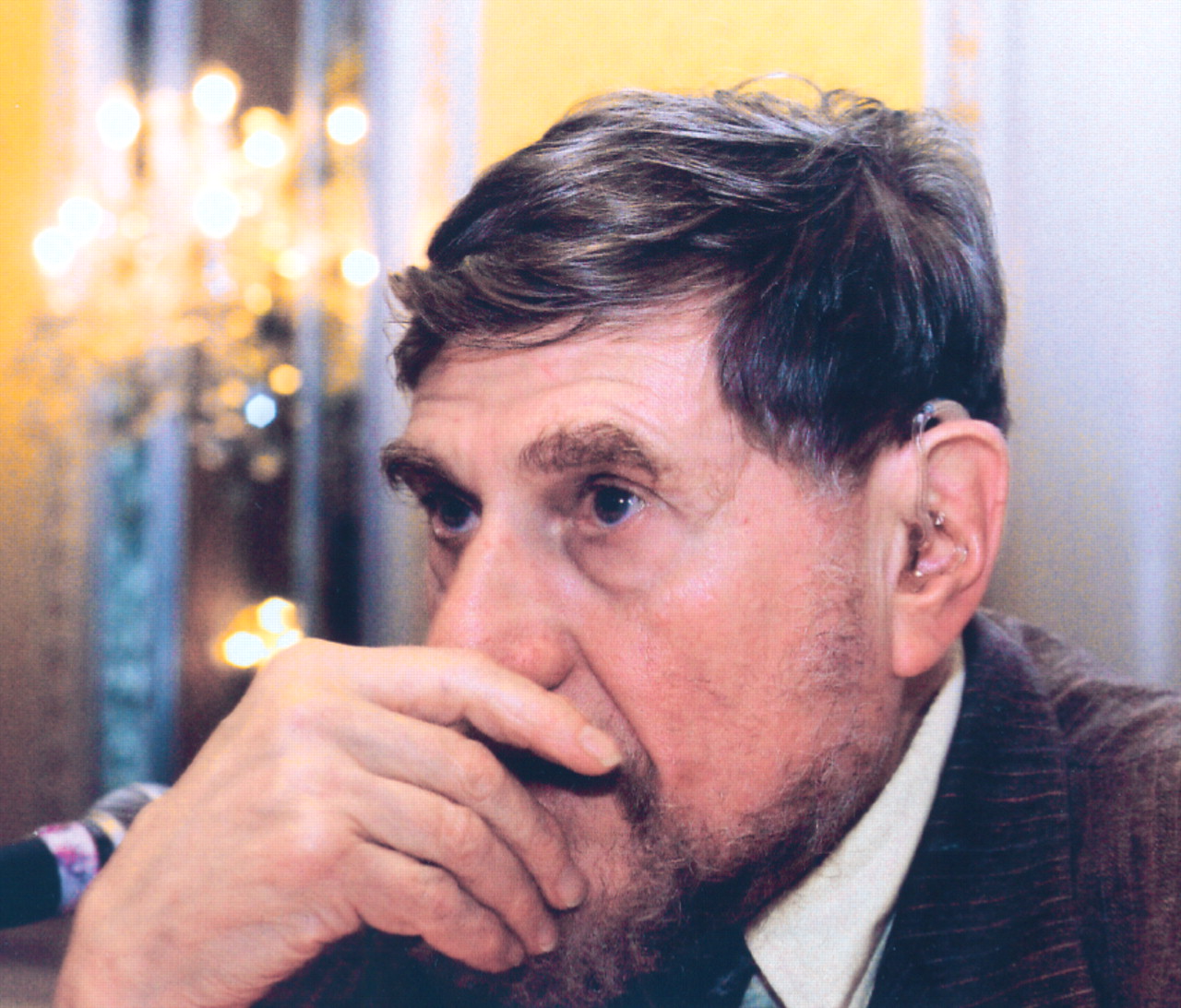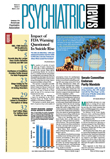The Waldorf Astoria, one of Manhattan's oldest and most glamorous hotels, has been hosting the rich and famous for many years now. But once a year, when the American Psychoanalytic Association (APsaA) holds its winter meeting there, it also becomes a stage where analysts and artists meet and plumb each other's minds—for the truth about art, for the truth about analysis, for the truth about life.
And so was it again this January as APsaA members met at the Waldorf Astoria and invited director Peter Sander and playwright Christopher Shinn to discuss their plays' meanings and implications for analysis. Analysts who attended also shared their thoughts on the subject. Sander's play, “The Radio,” will open in June at the 59East59Theater; Shinn's play,“ Dying City,” recently opened at the Lincoln Center Theater. Both theaters are in Manhattan.
“The Radio” is a one-act play focusing on the life of a boy named Ferguson born in Lebanon, Kan., in 1950. Ferguson is the only actor in the play and the narrator.
Ferguson relates how some of his most poignant childhood memories were of watching his father repairing a radio he had built; engaging in outer-space fantasies (especially while his father's radio was playing) and in building space ships; and hearing in 1963 on his father's radio that President Kennedy had been killed. The news, he says, shocked him into the real world for the first time.
Ferguson then tells how, in 1966, the Vietnam War picked up steam and that his father's American-flag company prospered from the war. He reports that in 1968 he learned that the Apollo astronauts were heading for the moon and that one of the flags made by his father's company would be planted on the moon. Shortly after that, he adds, he was drafted. Finally, he says: “I landed on the moon and never came back,” implying that he was killed in Vietnam and is telling his life story after having died.
The director of a play needs to find the “spine” of a play—that is, what holds the play together—and where it is going, Sander explained. To him, the spine of “The Radio” surfaces in this line: “Shooting a man does not snuff out his dreams, only slows them down.” In other words, although Ferguson's young life is tragically cut short in Vietnam, his outer-space dreams become the seed of dreams for the next generation. And analysts, Sander ventured, have to do something similar—find the substance of a patient's life and where it is going.
The co-chair of the session, Fred Sander, M.D., an associate clinical professor of psychiatry at Weill-Cornell Medical College and Peter Sander's cousin, indicated that he wasn't so sure. Analysts tend to concentrate on the past, he noted, whereas “there is a forward motion in plays,” an anticipation of what will happen next. What is especially interesting about“ The Radio,” he believes, is that it shifts back and forth between the past and the present.
Yet, regardless of a play's time trajectory, Phillip Freeman, M.D., an associate professor of psychiatry at Boston University and session chair, observed, it resembles analysis in that it creates an appealing fiction out of which greater truths emerge.
Whether “Dying City” is an appealing fiction, however, remains in question.
It depicts a woman named Kelly; her husband, Craig; and her brother-in-law, Peter. Both Craig and Peter verbally abuse Kelly. Craig is unfaithful to her, and Peter delights in letting her know that Craig has been unfaithful. Craig is sent to Iraq to fight in the second Gulf War.
In essence, the play deals with the theme of betrayal—at both the individual and national levels.
The play is chock full of sadistic aggression and vulgar language, Bennett Simon, M.D., a clinical professor of psychiatry at Harvard University and“ Dying City” session chair, observed. “There are no instances of pity, compassion, or kindness in it.”
Yet, as in most tragic dramas, greater truths emerge, Simon indicated. One is that the violence in each of us can lead to violence in society, Harriet Wolfe, M.D., a faculty member of the San Francisco Psychoanalytic Institute and chair of the session, commented.
As a tragic drama, Simon added, the play forces viewers to live for a moment with truths that they would rather sublimate. “It gives us a space and a place to strip away unpleasant issues....”
If “Dying City” constitutes a tragic drama for viewers, it is a metaphor for what was happening to him when he wrote it, Shinn explained. He had been in analysis for a year, thinking it would make him feel better. Instead, it was difficult and painful.
“I reached a point in analysis where I thought I couldn't bear it,” he said, so he dropped out. Then he started writing the play to continue analysis on his own— that is, in a disguised way, but the writing (self-analysis) became excruciating as well. “Writing the play, I felt I was dying. Yes, truth can kill people. This is the power of analysis.”
“You have confronted us with some aspects of analysis which we do not want to face,” Simon observed.
So, too, Freud wrote about the killing power of truth, Wolfe noted.▪


